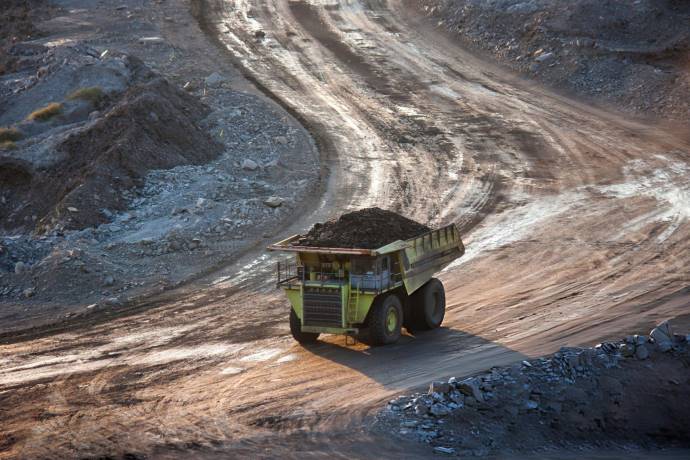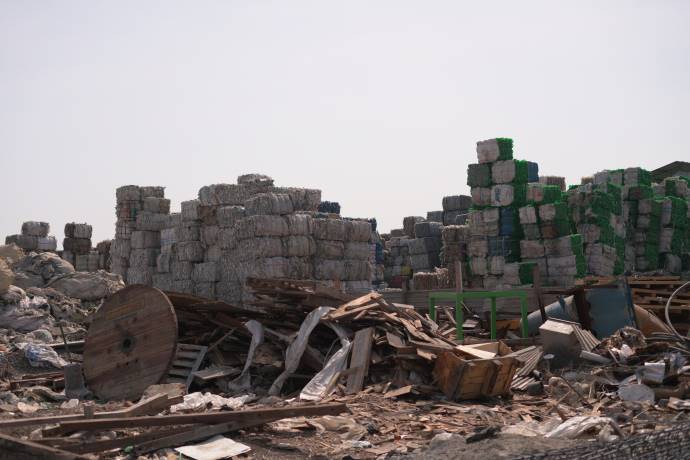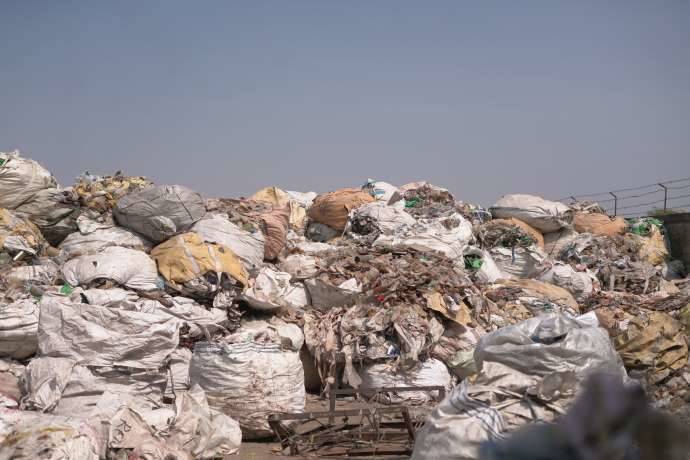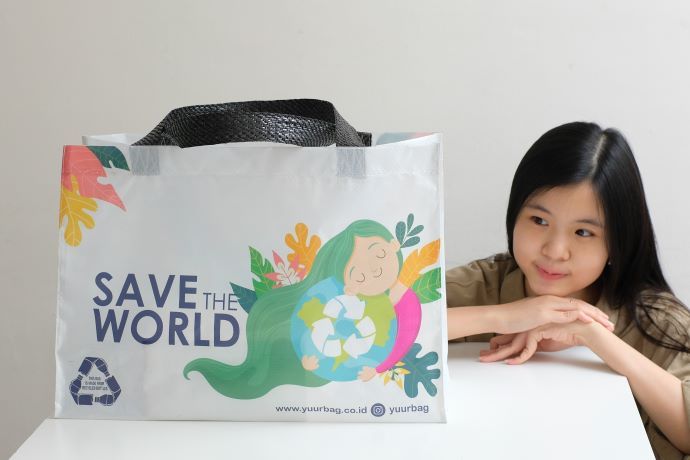PP Bulk Bag vs. PE Bulk Bag: Which One is Best for You?
Key Takeaways:
- Choose Based on Load Type: PP Bulk Bags are ideal for heavy-duty materials like sand and grains due to their high tensile strength, while PE Bulk Bags suit lighter, moisture-sensitive goods.
- Match to Environmental Needs: PE bags offer superior resistance to moisture, chemicals, and UV exposure—perfect for food, pharmaceuticals, or humid conditions.
- Balance Cost and Sustainability: PP Bulk Bags are more cost-effective and easier to recycle, making them a better fit for general industries focused on durability and eco-friendliness.
Choosing the right bulk bag for your business is crucial. The two most common materials used for bulk bags are polypropylene (PP) and polyethylene (PE).
While both serve the purpose of transporting and storing bulk materials, they have different characteristics that impact durability, moisture resistance, and cost-effectiveness.
This guide compares PP Bulk Bags and PE Bulk Bags to help you make an informed decision for your company.
1. Material Strength and Durability
PP Bulk Bags: Strong and Rigid
- Made from woven polypropylene, these bulk bags offer high tensile strength.
- Ideal for carrying heavy loads such as sand, gravel, cement, and agricultural products.
- More resistant to stretching and deformation compared to PE bulk bags.
- Commonly used in industries like construction, mining, and manufacturing.
PE Bulk Bags: Flexible and Moisture-Resistant
- Made from polyethylene, these bulk bags offer greater flexibility.
- Less tensile strength compared to PP, making them suitable for lighter loads.
- Excellent resistance to moisture and chemicals, making them a good choice for food and pharmaceutical industries.
- Preferred for powders, fine-grain materials, and moisture-sensitive goods.
Decision: If your business handles heavy-duty materials, PP Bulk Bags are better. If you require moisture and chemical resistance, go for PE Bulk Bags.
2. Resistance to Environmental Factors
PP Bulk Bags
- Good resistance to abrasion and wear.
- Not as resistant to moisture but can be treated with lamination or liners.
- Can degrade under long-term UV exposure, but UV stabilizers can extend lifespan.
PE Bulk Bags
- Superior moisture resistance; ideal for humid and wet conditions.
- High chemical resistance, making it suitable for chemical and pharmaceutical industries.
- Better UV resistance, allowing for longer outdoor storage without degradation.
Decision: PE Bulk Bags offer better protection against moisture, chemicals, and UV exposure, making them ideal for food, pharmaceuticals, and chemicals.
Read More : A Complete Guide to Choosing the Right FIBC for Your Business
3. Cost Comparison: Which One is More Affordable?
PP Bulk Bags: Cost-Effective and Durable
- Lower upfront cost compared to PE bulk bags.
- Durable and reusable, reducing long-term costs for bulk material transport.
- Suitable for businesses looking for a budget-friendly option.
PE Bulk Bags: Higher Cost but More Protection
- Higher production cost due to chemical and moisture resistance.
- Ideal for industries where product protection is crucial, reducing loss and contamination risks.
- Can lead to long-term savings if preventing moisture or chemical damage is a priority.
Decision: PP Bulk Bags are more cost-effective for general bulk material handling, while PE Bulk Bags provide better long-term value in industries requiring moisture and chemical protection.
Read More : Circular vs. U-Panel FIBC / Bulk Bags - Which Is Better?
4. Industry Applications: Which Bulk Bag is Best for You?
PP Bulk Bags are ideal for:
- Construction & Mining (sand, gravel, cement, minerals)
- Agriculture (grains, seeds, animal feed)
- Manufacturing (plastic resins, raw materials)
PE Bulk Bags are ideal for:
- Food Industry (flour, sugar, rice, dairy powder)
- Pharmaceuticals & Chemicals (powders, hazardous materials, moisture-sensitive products)
- Industrial Packaging (hygroscopic materials, fine powders)
Decision: Choose PP Bulk Bags for strength and durability. Opt for PE Bulk Bags for moisture and chemical-sensitive goods.
Read More : Bulk Bags or FIBC Construction Types - A Complete Guide
5. Sustainability and Recycling
PP Bulk Bags: Highly Recyclable
- Easier to recycle than PE bulk bags due to their widespread use in industrial applications.
- Lower environmental footprint when reused multiple times.
PE Bulk Bags: Difficult to Recycle
- Harder to recycle due to chemical resistance and processing complexity.
- Requires specialized facilities for proper recycling.
Decision: PP Bulk Bags are the more sustainable option due to better recyclability and reusability.
Also Read : Recycled PET vs. Virgin PET - A Comprehensive Comparison
Conclusion: Which Bulk Bag Should You Choose?
The choice between a PP Bulk Bag and a PE Bulk Bag depends on your specific needs:
- Choose PP Bulk Bags if you need strength, durability, and cost-effectiveness.
- Choose PE Bulk Bags if moisture resistance and chemical protection are critical.
At Langgeng Jaya Group, we provide high-quality PP and PE Bulk Bags customized for various industries. Contact us today to find the perfect bulk bag solution for your business needs.



